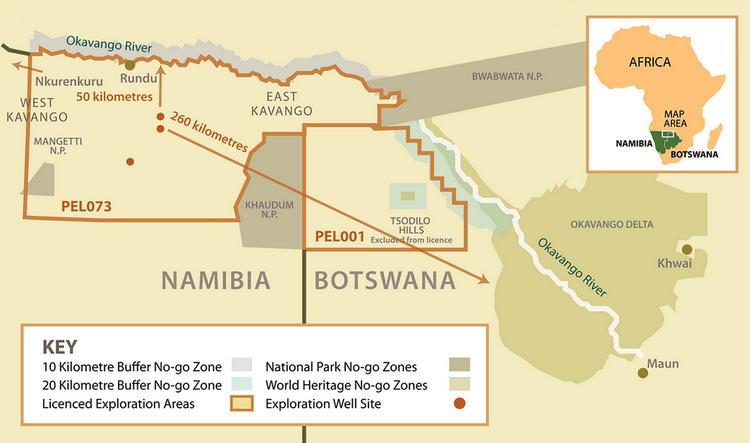Oyster Oil and Gas Enters Phase III in Djibouti Exploration
Oyster Oil and Gas Ltd. has announced that effective 1st March 2017 it has received Government of Djibouti approval to commence exploration activities under Phase III of the Production Sharing Contract for a duration of three years to the end of February 2020.
 Over the past 5 years Oyster has undertaken extensive exploration activities across its four exploration blocks in Djibouti, however the main exploration focus in the last year has been in Block 1 located in the south east of the country. The Block is substantially onshore, but also includes the adjacent offshore acreage and covers an area of 3,400 Km².
Over the past 5 years Oyster has undertaken extensive exploration activities across its four exploration blocks in Djibouti, however the main exploration focus in the last year has been in Block 1 located in the south east of the country. The Block is substantially onshore, but also includes the adjacent offshore acreage and covers an area of 3,400 Km².
Results of the 2016 airborne gravity and magnetics survey conducted by Bridgeporth indicate that the target Mesozoic sedimentary basin, which outcrops in the southwest of Djibouti, extends across most of Block 1. In January 2017 Oyster’s technical team with support from Energy Ministry personnel conducted scouting field trips across this large ‘potential fields area’ to evaluate the scope for the next phase of exploration activities including an onshore seismic campaign.
“Oyster is delighted to proceed to the third exploration phase in Djibouti, and is grateful to the both the Energy Ministry and CERD for their continued support. We are targeting a Mesozoic basin which is seen in outcrop in the southwest of the country, since the Mesozoic basins on the south side of the Gulf of Aden were once contiguous with the prolific hydrocarbon basins in Yemen to the north, prior to the opening of the Gulf of Aden,” commented Oyster Oil Head of Exploration Dr Phil Roach.
Oyster’s work programmes over the last 5 years have been thoughtfully designed to de-risk the various elements involved and have been extremely successful to that end. Geological fieldwork in southwest Djibouti has already confirmed the presence of Jurassic oil source, reservoir and seal.
The areal extent of the Mesozoic basin in Block 1 remained a major uncertainty, but the results from the airborne survey surpassed expectations and indicates that the basin does extend throughout most of Block 1.
“The airborne survey has also allowed us to high-grade a specific area for seismic acquisition in the near future,” Dr Phill adds.
Oyster signed a production sharing contract (PSC) in September 2011 with the government of the Republic of Djibouti with an effective date following the decree of 1st March 2012. The PSC was awarded for four blocks covering an area of 14,100 km² (3.5 million acres).
Oysters blocks are located w-ithin two successful hydrocarbon rift plays, namely located in the northern extension of the East Africa Rift System.











